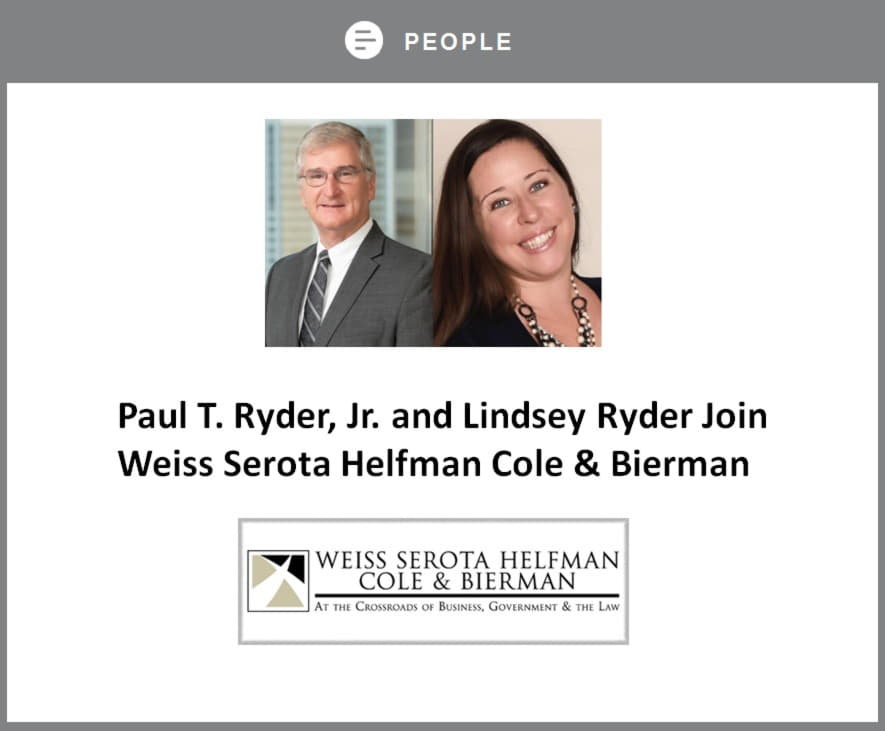
Democratic presidential nominee Hillary Clinton has pledged to encourage long-term investment as well as investment in job-creating small businesses, but is Clinton a friend to long-term investors? Here are the investor-specific proposals from Clinton's campaign that could shed some light on the matter.
Clinton's big change for investors: Capital gains tax rates
The biggest change Clinton is proposing that would affect individual investors is an overhaul to the capital gains tax structure, particularly the definition of a "long-term" investment. Specifically, Clinton wants to expand the capital gains tax rates for the highest-income Americans, based on investment holding duration, from two to six.
A couple of things to take note of, here. First, these changes are only being proposed to high-income taxpayers, which Hillary Clinton's website defines as couples making $465,000 or more -- in other words, those in the top tax bracket. So, 99% of Americans won't be affected.
Also, for high-income investors, keep in mind that the 3.8% net investment income tax would still be applied on top of these rates. And, for the richest of the rich, Clinton is also proposing a 4% surtax for taxpayers who make more than $5 million. In all, this boosts the top capital gains rate to 47.4%, which would apply to gains on investments held for two years or less.
For the other 99% of Americans, the current long-term capital gains tax rates of 0%, 15%, and 20% would continue to apply, and short-term gains would continue to be taxed as ordinary income. And, the one-year holding period that currently defines a long-term capital gain would remain in effect.
Two other investor-friendly changes
While Clinton's proposal to redefine long-term capital gains for the richest investors has been well-publicized, here are two more proposals from her campaign that long-term investors should be aware of.
First, Clinton is proposing greater corporate transparency, particularly in regards to share buybacks. Under current U.S. law, companies only have to disclose buybacks once per quarter, while in other advanced economies, buybacks need to be disclosed within one day. This could give prospective investors more insight as to when companies are buying back shares -- and at what price.
Also, Clinton is proposing zero capital gains tax for investors who buy shares in small businesses and hold them for more than five years. The rationale is that since small businesses create about 60% of new jobs in the U.S., this will encourage long-term investors (especially high-income taxpayers subject to Clinton's capital gains tax increase) to put their money into small businesses -- and as a result, create more jobs.
So, is Hillary Clinton a friend to long-term investors?
Sort of. Clinton definitely encourages people (particularly the wealthy) to invest for the long term through some of her proposed changes, and for 99% of Americans, the tax treatment of capital gains won't change at all. Increased corporate transparency could certainly give investors more information on which to base their decisions, and she is certainly a friend to long-term investors in small businesses. However, without providing any additional incentives for the other 99% to buy stocks and hold onto them for longer than a year, it's tough to say that Clinton is an "ally" to long-term investors.



















